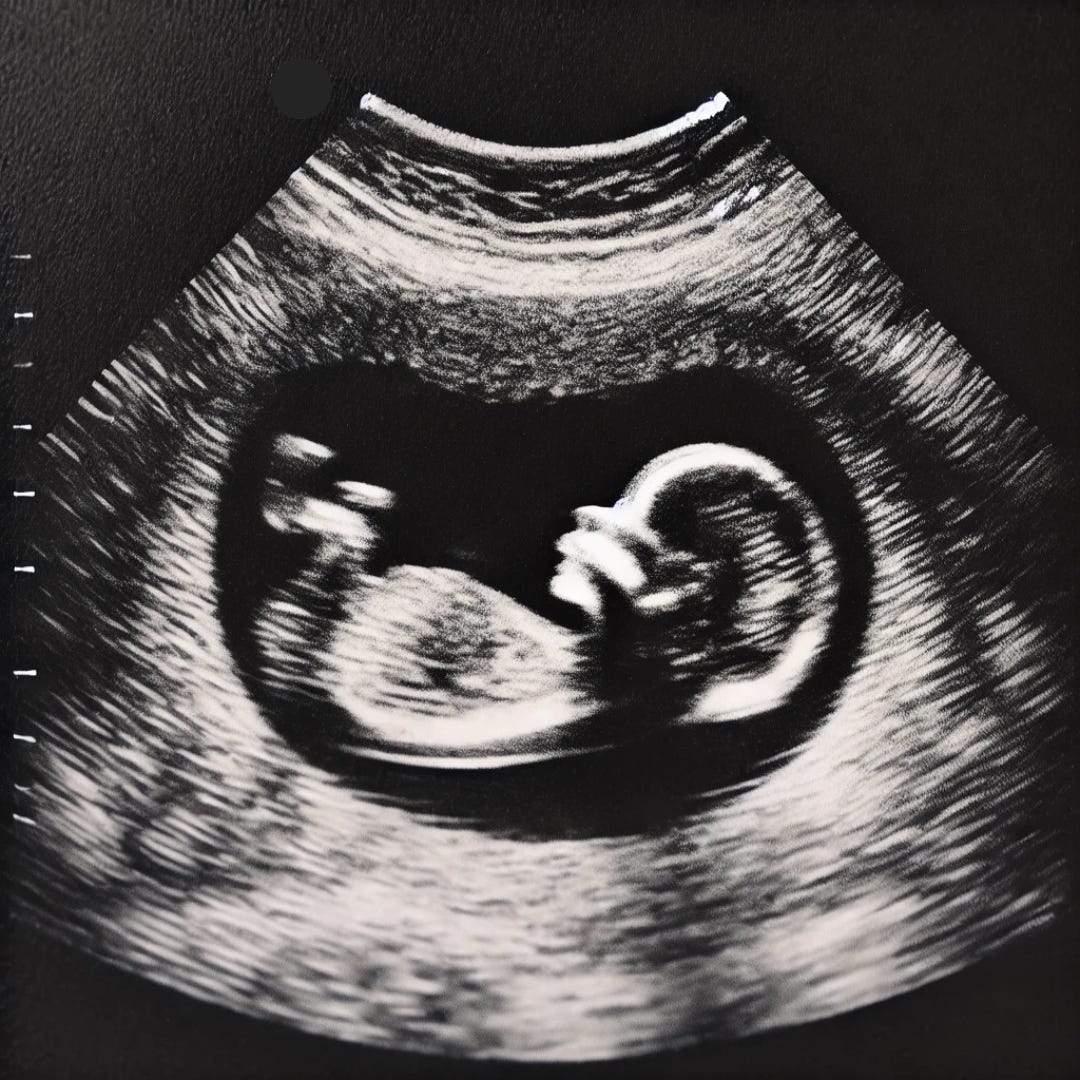Real Laws That Inspired A Ward of the State
What if your body could be regulated before you were born?
In A Ward of the State, that question isn’t science fiction. It’s the legal starting point. And many of the policies that shape Allison Maxwell’s world are grounded in real, existing laws.
This post isn’t about speculation. It’s about precedent.
Wisconsin’s Act 292, passed in 1997, allows the state to detain pregnant women accused of using alcohol or drugs if it believes the fetus is endangered. These women can be placed in state custody even if they haven’t been charged with a crime.
In the world of A Ward of the State, I imagined what would happen if laws like this were expanded. What if fetal personhood wasn’t just a theory, but a full legal designation? What if the fetus became a ward of the state before birth? And what if that designation didn’t end at birth, but extended into childhood?
Several U.S. states have passed or attempted to pass personhood laws, granting legal rights to fetuses at conception. In practice, these laws create legal conflicts around abortion, miscarriage, IVF, and even routine prenatal care.
In my novel, those tensions play out on a national scale. When the law treats embryos as citizens, what happens to the rights of the person carrying them?
The most effective systems of control don’t announce themselves. They look like care. Until you try to say no.
One case that is haunting me is Adriana Smith’s. She was a 30-year-old nurse in Georgia, declared brain dead in early 2025. The state has refused to remove life support because she was pregnant. Georgia law prohibits withdrawing care in these cases as long as there is a fetal heartbeat, even when the mother is legally dead.
Her mother called it 'torture,' watching her daughter’s body kept functioning against her will. Her legal personhood ended. Fetal personhood overruled it.
The real laws that inspired this story aren’t hidden in dusty archives. They’re on the books right now. They’re expanding in state legislatures. They’re being tested in courts.
The Unborn Child Protection Act series isn’t a warning about what could happen. It’s a reflection of what’s already begun.
If that makes you uncomfortable, good. It should.





